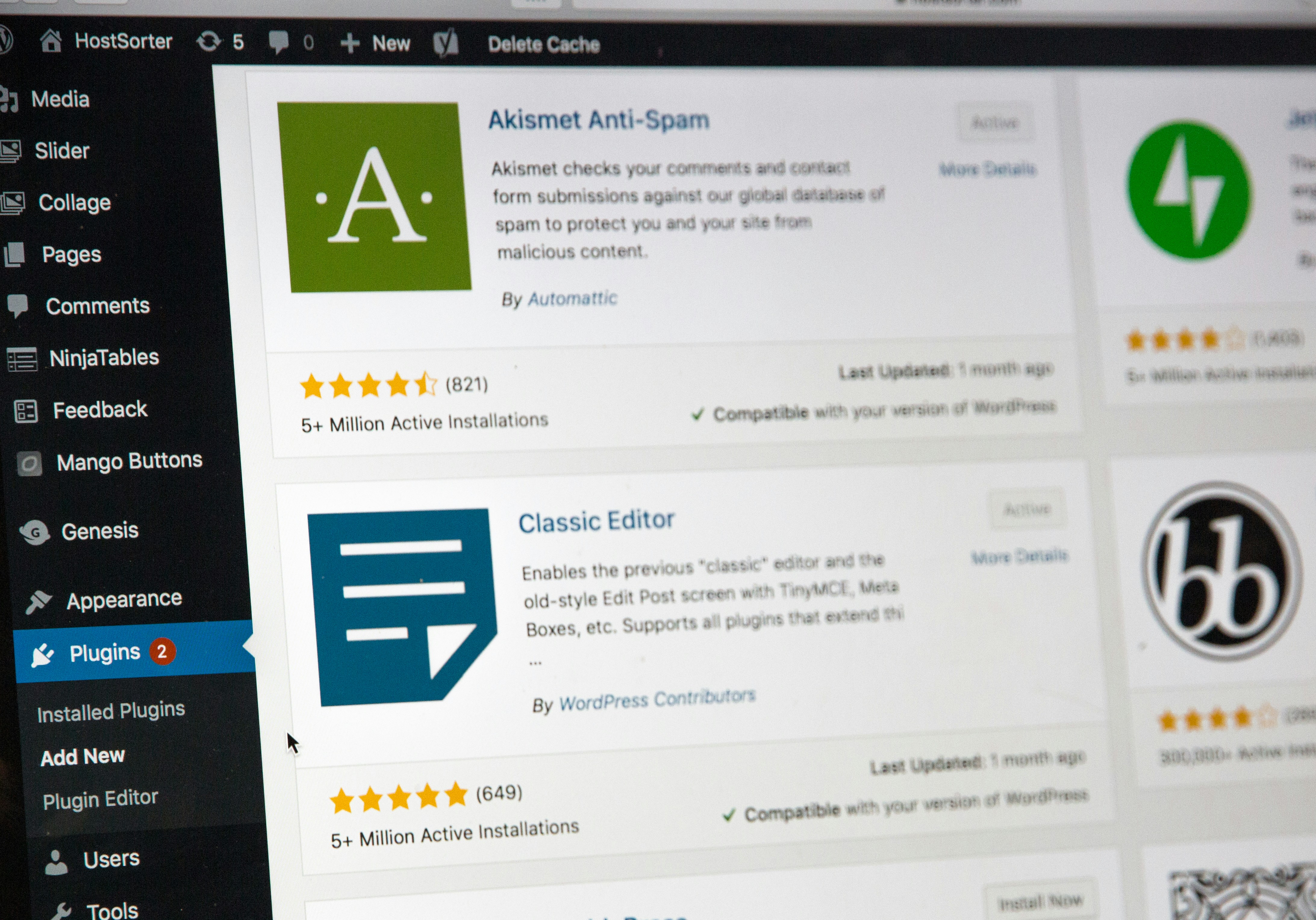JavaScript vs WordPress: Where I Use Each (Real Examples)

As someone who actively builds with both JavaScript (React, Next.js, Node) and WordPress, I often get asked:
“When should I use JavaScript vs WordPress for a project?”
And the honest answer?
It depends on the project’s goals—not what’s trending.
This post isn’t about fanboying either side. It’s a breakdown of when each tool shines, with real examples from projects I’ve delivered through SindhuSolutions.com and clients I’ve worked with globally.
🧰 TL;DR: When I Use Each
| Use Case | WordPress | JavaScript |
|---|---|---|
| Blogs & content-heavy sites | ✅ | 🚫 Overkill |
| Marketing sites with SEO goals | ✅ | ✅ (only with SSR like Next.js) |
| Admin panels / dashboards | 🚫 | ✅ |
| Complex interactions (drag & drop, real-time updates) | 🚫 | ✅ |
| Client handoff (non-tech-savvy) | ✅ | 🚫 |
| APIs and automation | 🚫 | ✅ |
Let’s dive deeper.
🖊️ When I Choose WordPress (With Examples)
1. Blogs, News Sites & SEO-Driven Content Platforms
WordPress is unmatched for content-first websites. Clients need:
-
Easy editing
-
Fast time-to-market
-
SEO out of the box
✅ Real Project:
A local magazine site for a client in the UK.
Stack: WordPress + GeneratePress + RankMath
Result:
-
40+ posts migrated
-
Organic traffic doubled in 2 months
-
Editors could update without ever calling me
🧠 Why WordPress?
The client wanted to write, not manage code. WordPress gave them that freedom.
2. Client Sites That Need Full Ownership
Many small businesses don’t want to depend on developers for minor changes.
✅ Real Project:
A legal consultancy firm wanted a lead-gen website they could tweak themselves.
Solution:
-
Elementor + WordPress
-
Contact Form 7 + integrations with CRM
-
WP Rocket for performance
🧠 Why WordPress?
Drag-and-drop editing + SEO plugins + reliable hosting = they were live in 3 days.
3. When Budget is Tight and Speed Matters
WordPress themes (properly chosen) let you go from zero to deployed with:
-
Lower cost
-
Fewer dev hours
-
High flexibility
✅ Real Project:
NGO website with multiple donation gateways.
Used Astra Pro + GiveWP plugin.
They were fully operational in a week.
⚙️ When I Choose JavaScript (With Examples)
1. Custom Dashboards & Web Apps
Anything involving:
-
User accounts
-
Real-time data
-
Complex front-end behavior
…calls for a JS stack.
✅ Real Project:
A learning platform for internal employee training.
Stack: React + Firebase + Tailwind CSS
Features:
-
User logins
-
Course progress tracking
-
Real-time quiz grading
🧠 Why JavaScript?
WordPress would’ve required too many plugins and workarounds. I needed full control.
2. Startup MVPs and Rapid Iteration
When clients test an idea (like a SaaS MVP), they need:
-
Full flexibility
-
Rapid prototyping
-
Custom business logic
✅ Real Project:
Internal tool for managing subscription renewals for a small SaaS.
Built with Next.js + Prisma + Stripe API
🧠 Why JavaScript?
I could rapidly deploy using Vercel + use serverless functions. WordPress would’ve slowed us down.
3. When Performance Is Critical
✅ Real Project:
A landing page with heavy animations and split testing.
Stack: Next.js + Framer Motion + Vercel
Why not WordPress?
Animations + route-level code splitting made performance buttery smooth. Also easier to A/B test dynamically.
🤝 When I Combine Both
Sometimes, it’s not either-or.
I’ve built frontend apps in JavaScript that pull content via the WordPress REST API.
✅ Example:
This blog—umar.press—is a React frontend powered by WordPress as a headless CMS.
Benefits:
-
Full control over design and behavior
-
SEO from WP + performance from React
-
Future-proof structure
Tools used:
-
WPGraphQL (for more structured querying)
🧠 Key Takeaways
🟢 Use WordPress When:
-
The client needs fast editing without code
-
SEO and content updates are priorities
-
The budget is tight
-
You want built-in plugin power
🔵 Use JavaScript When:
-
You’re building an app, not just a site
-
You need fine-grained control over the UX
-
You’re handling user auth, APIs, or real-time stuff
-
Performance and interactivity matter most
🟡 Combine Both When:
-
You want structured CMS benefits and frontend control
-
You need custom frontend behavior but want easy content management
-
You care about speed + scalability
📘 Resources to Explore
✍️ Final Thoughts
Don’t fall into the trap of thinking one is “better” than the other. It’s not a war—it’s a toolkit. Use the best tool for the job.
If you’re building for a non-technical business owner, WordPress is gold.
If you’re building an interactive web experience, JavaScript is your playground.
And if you’re building for yourself?
Well… combine them and enjoy the best of both worlds.


